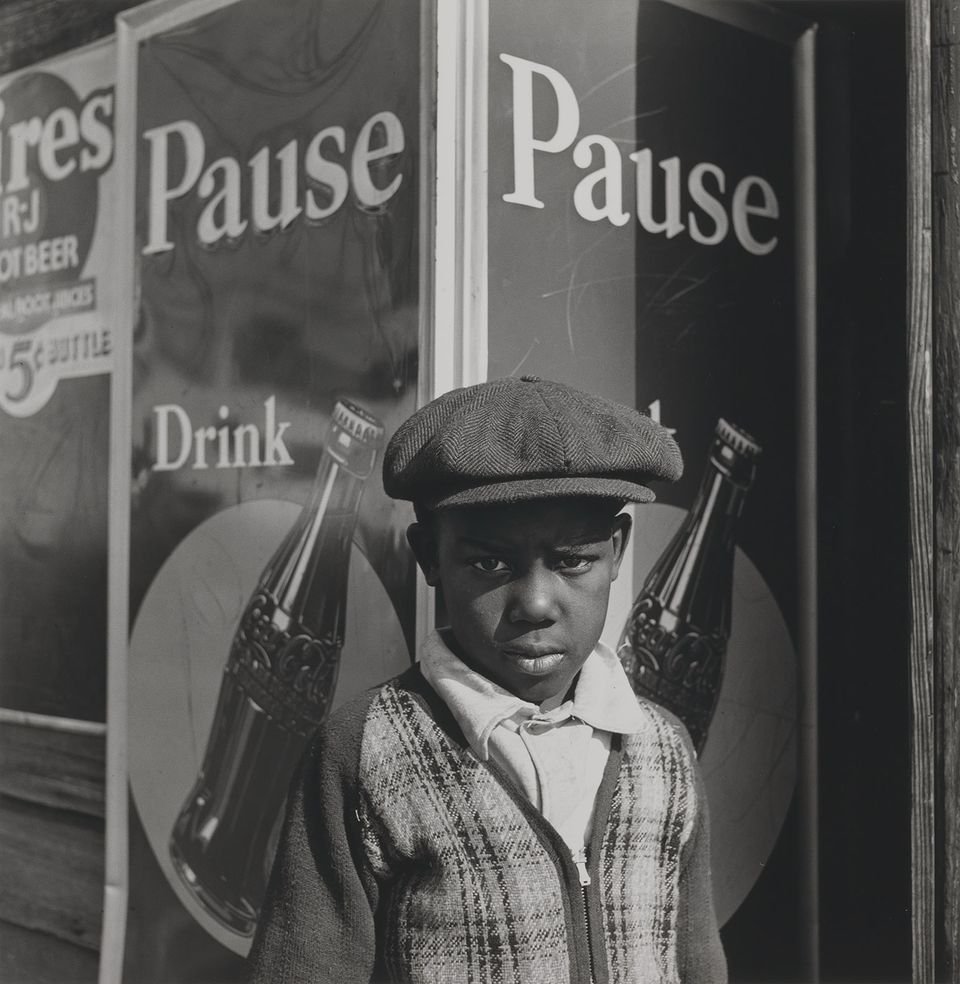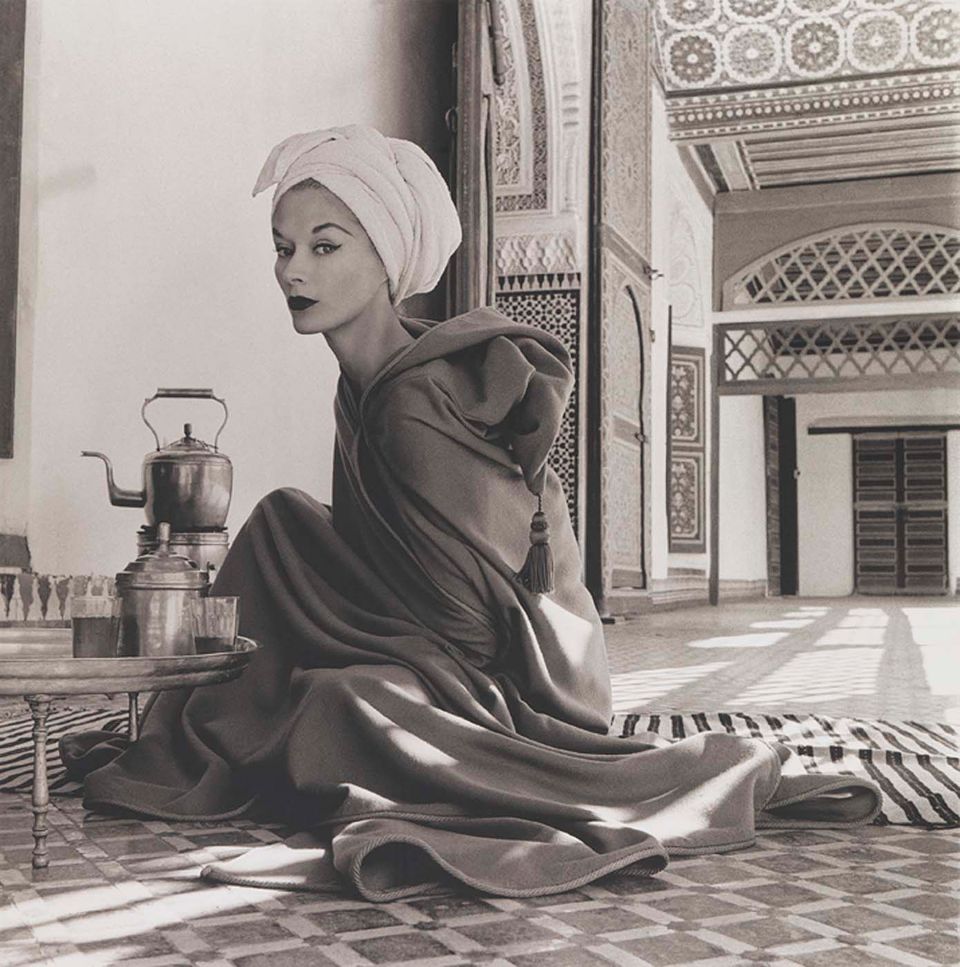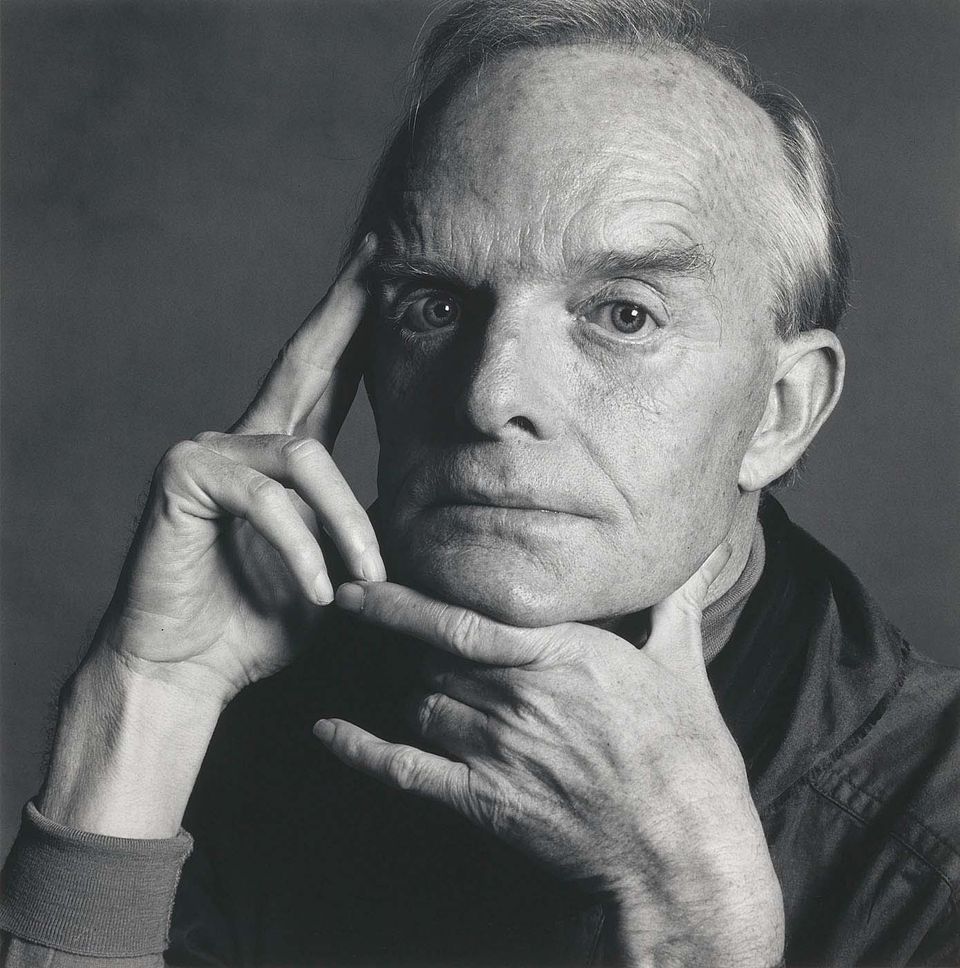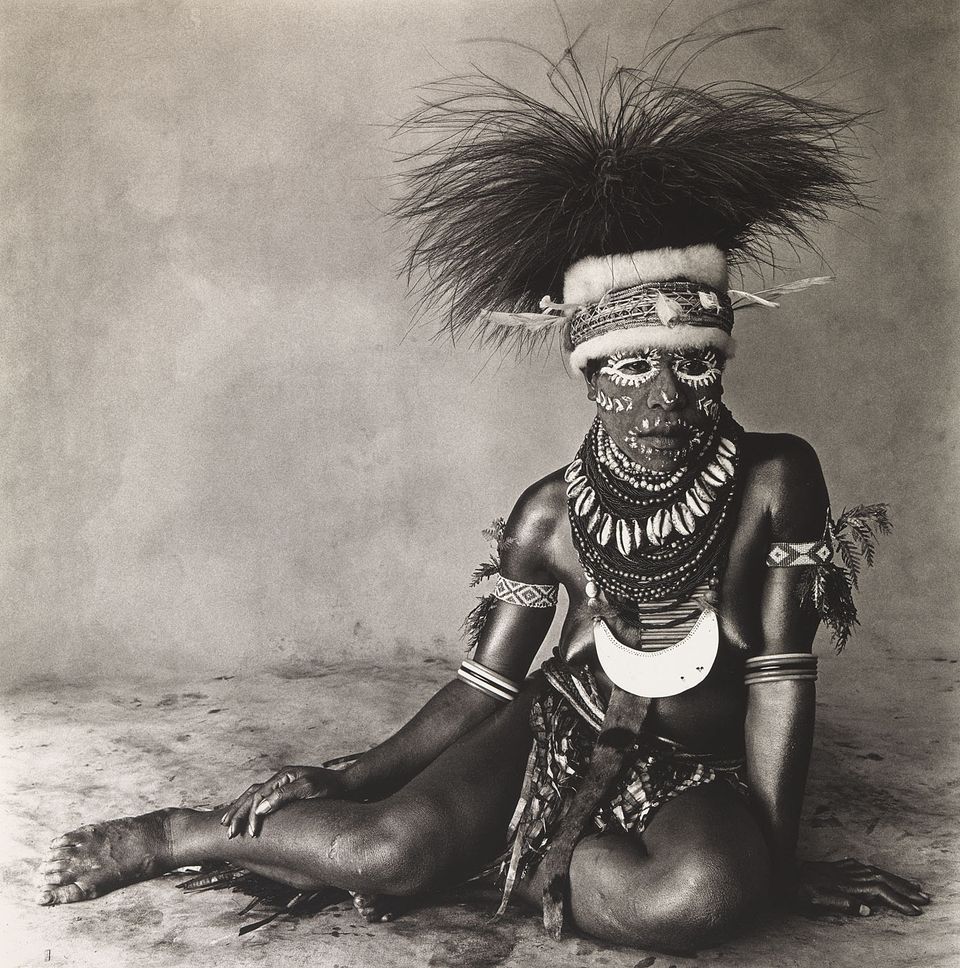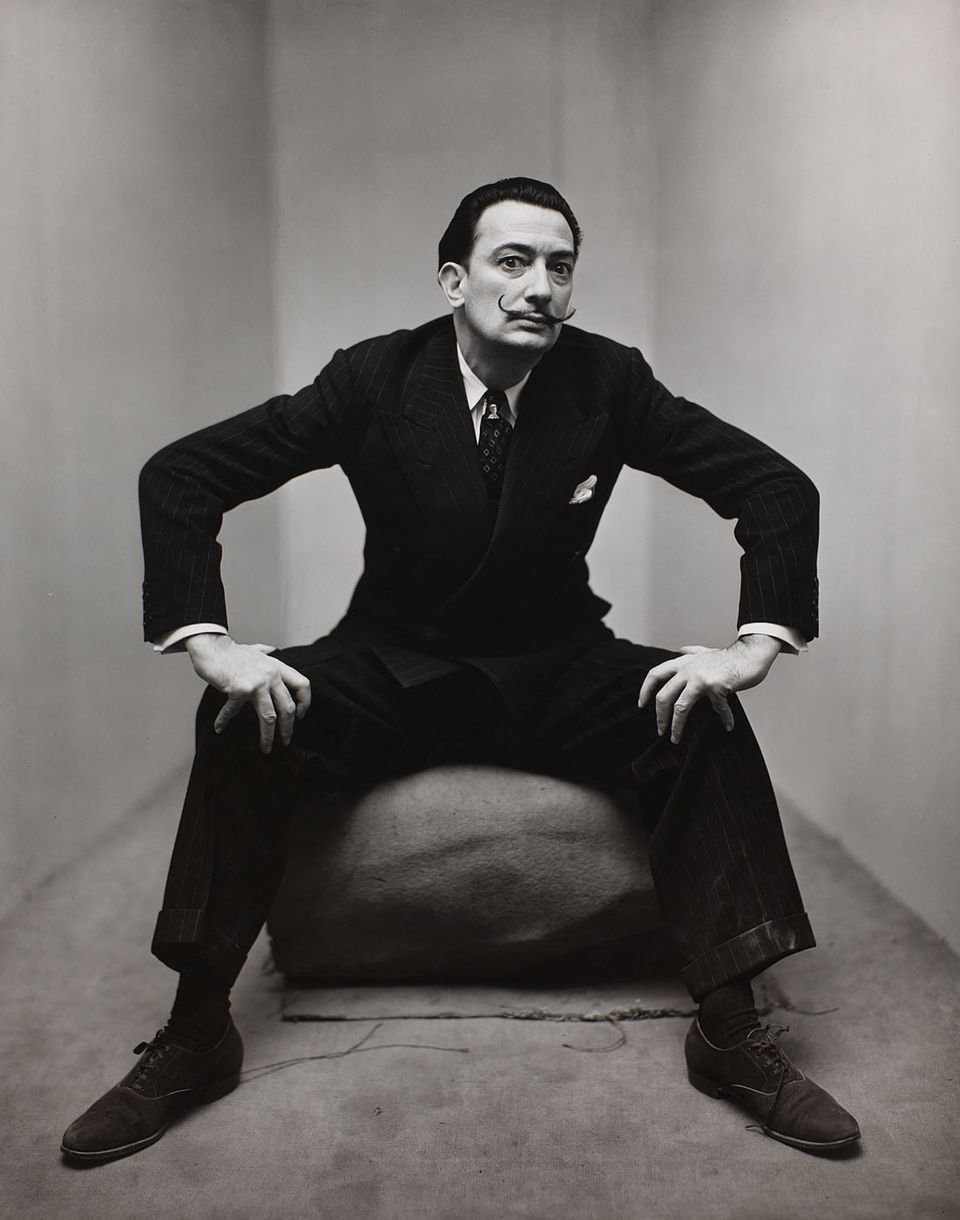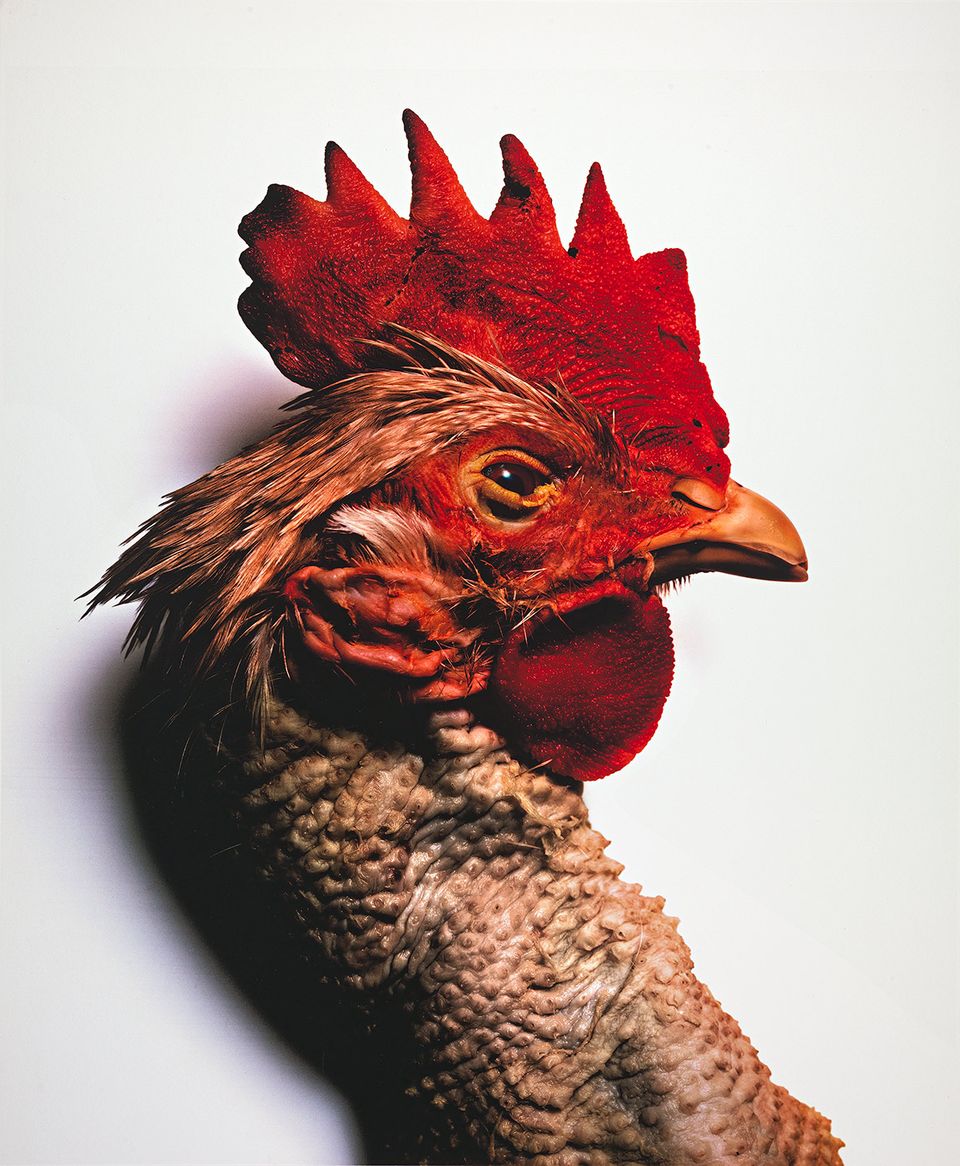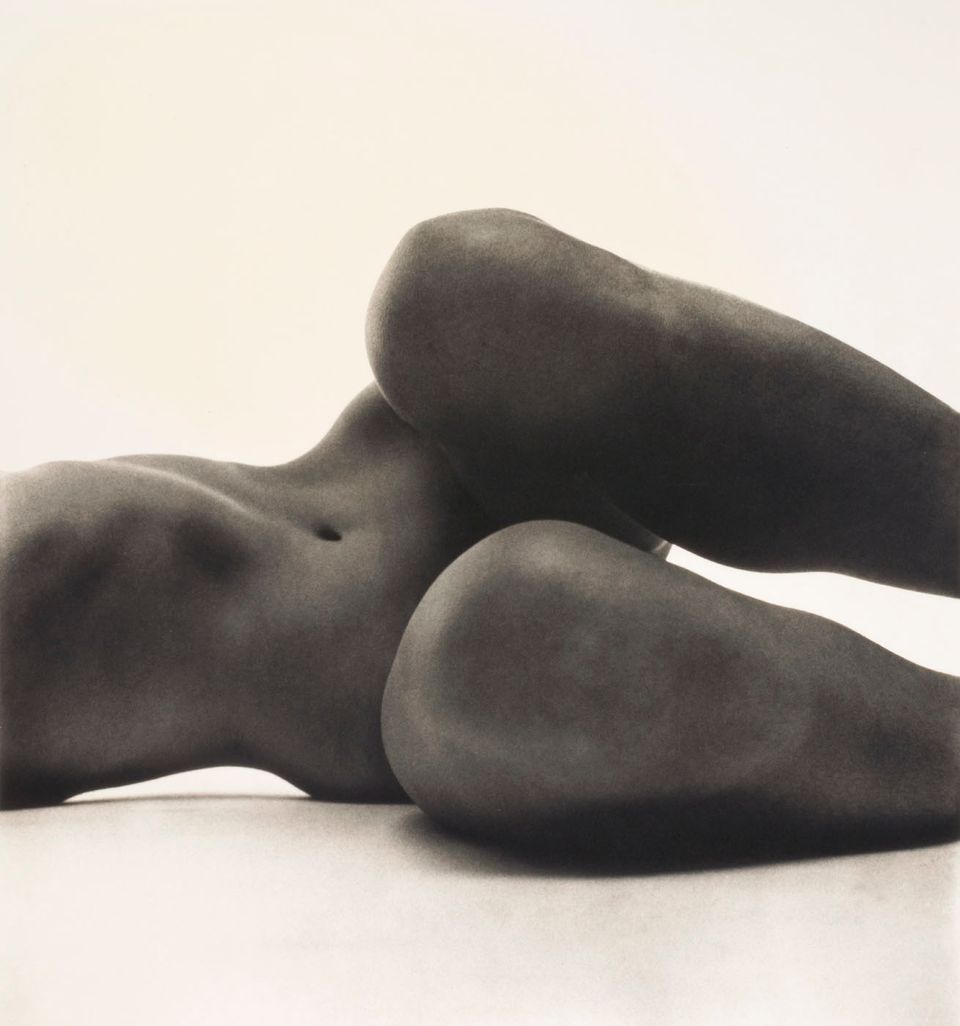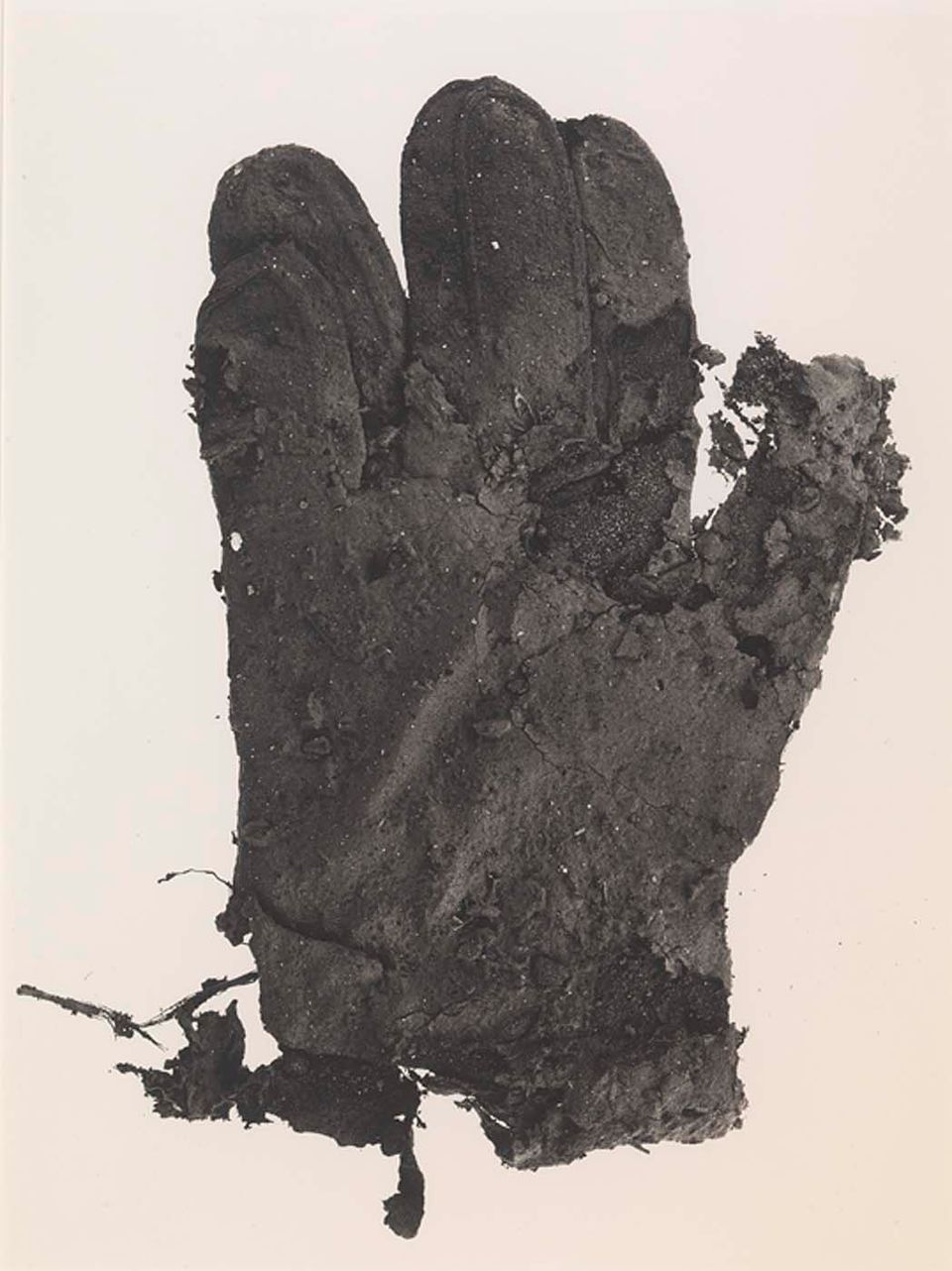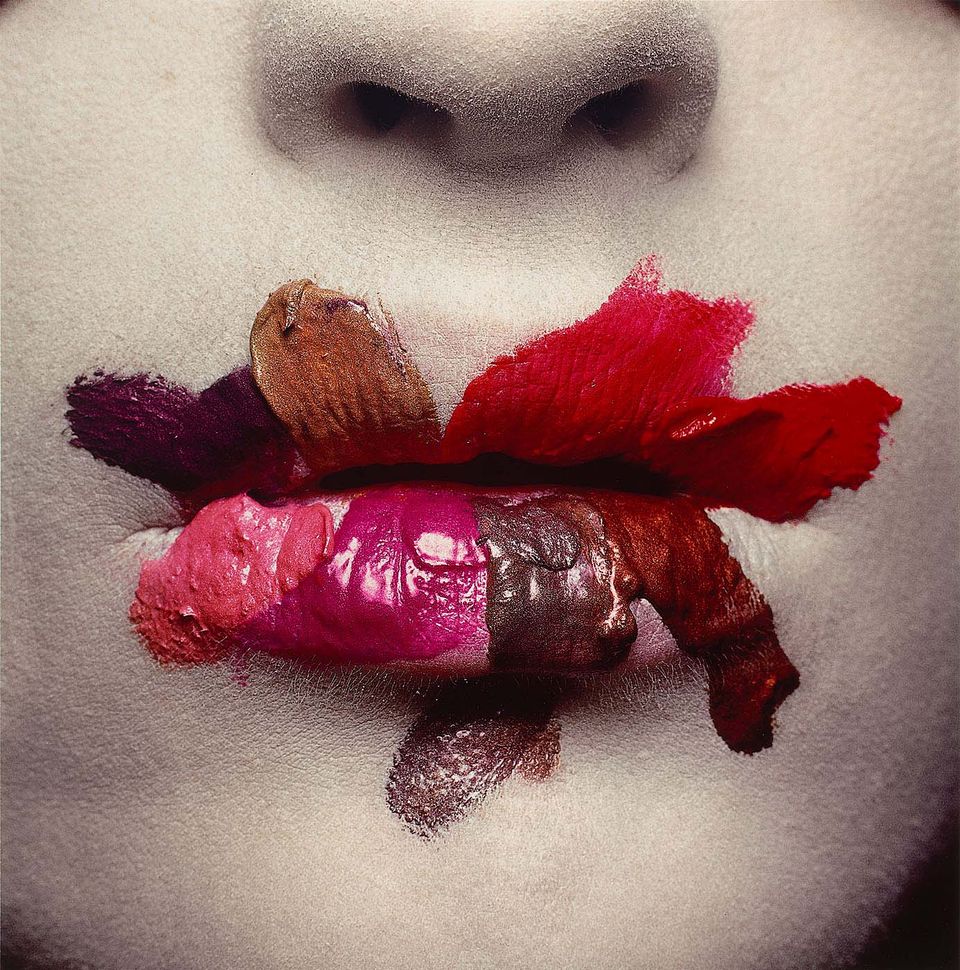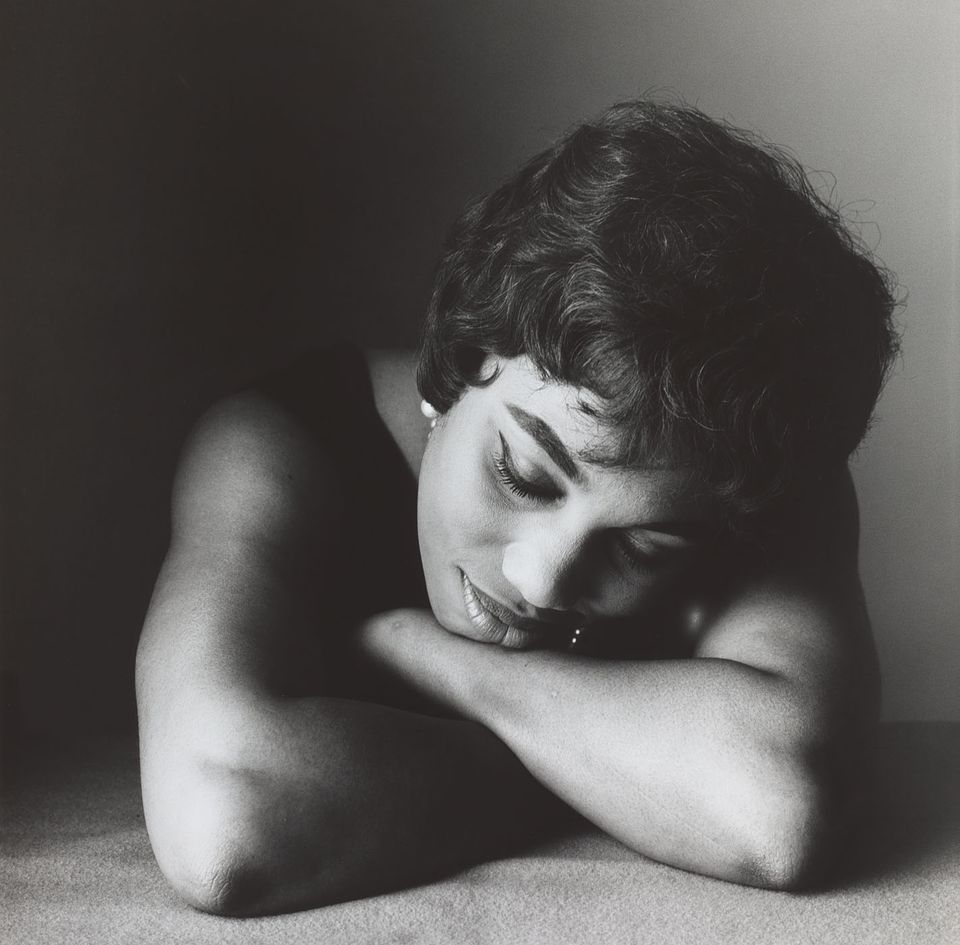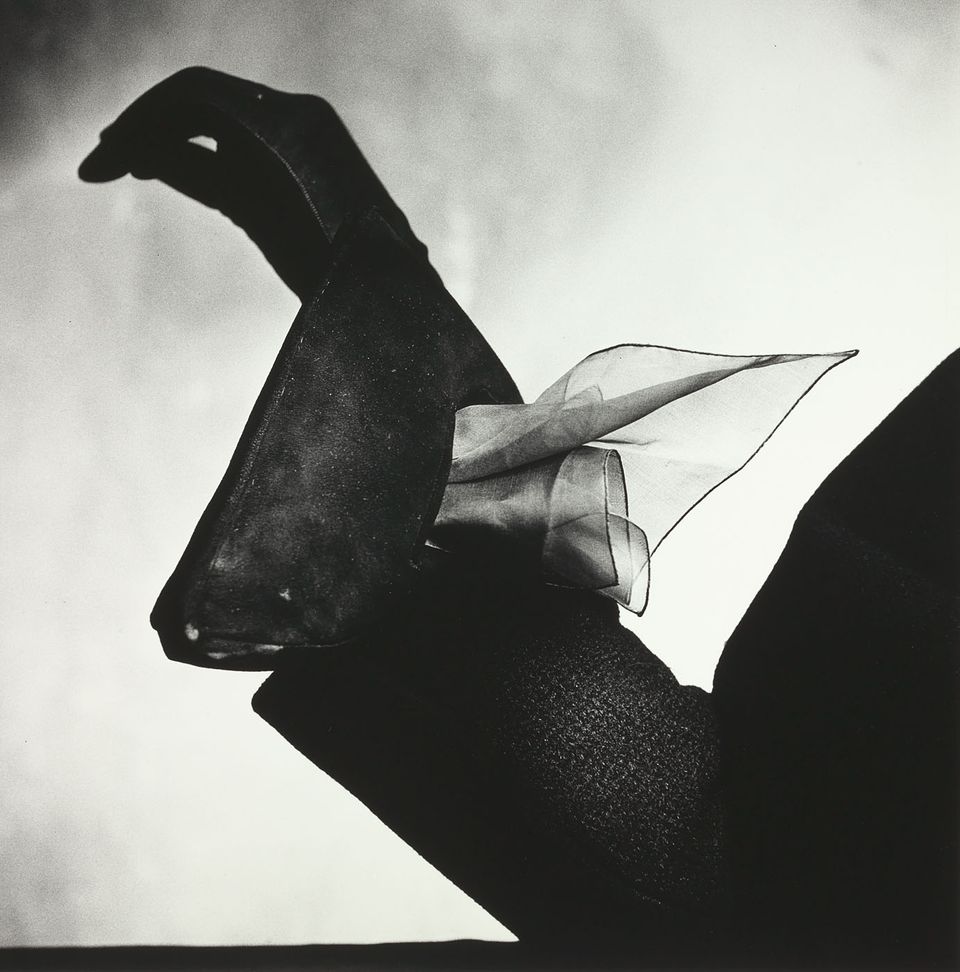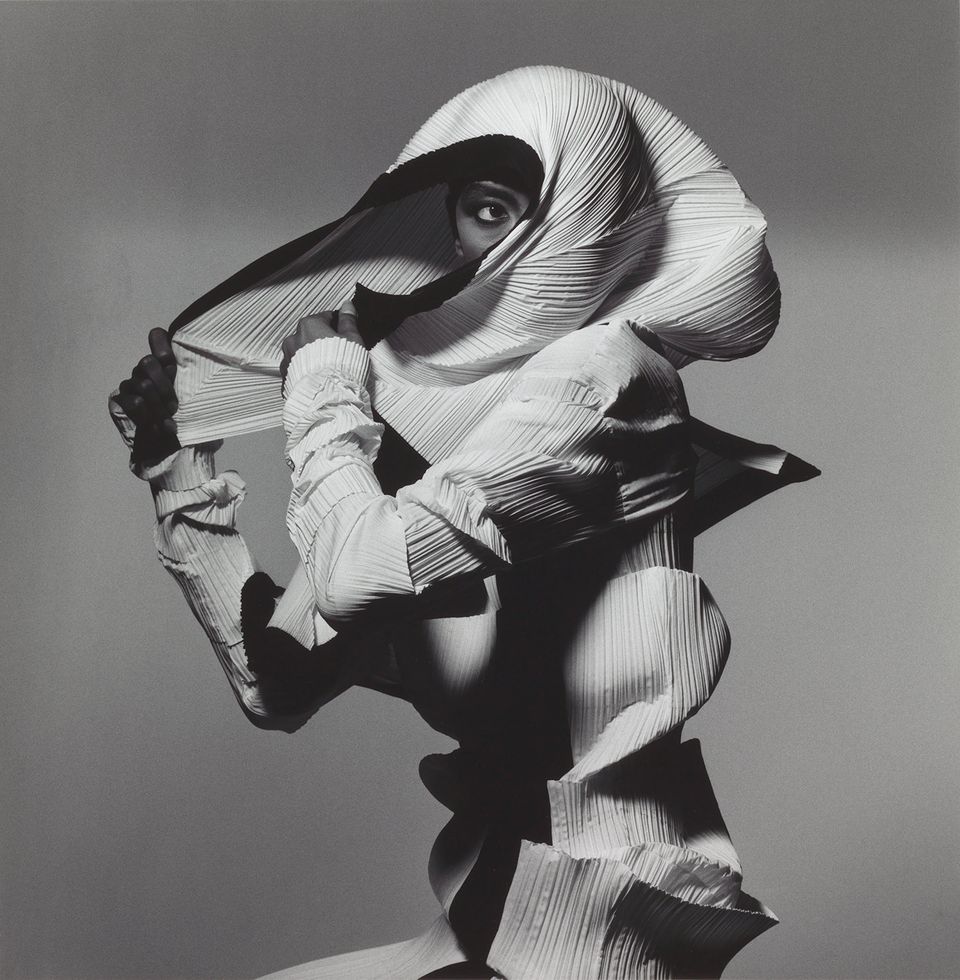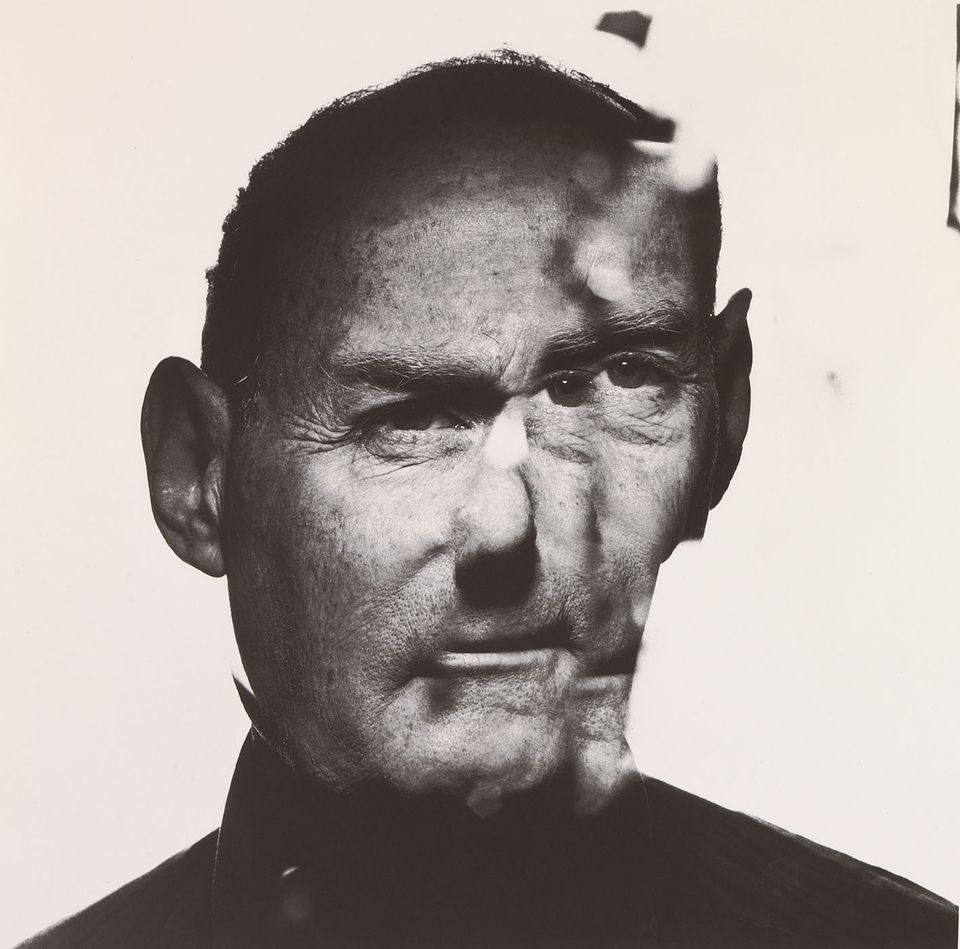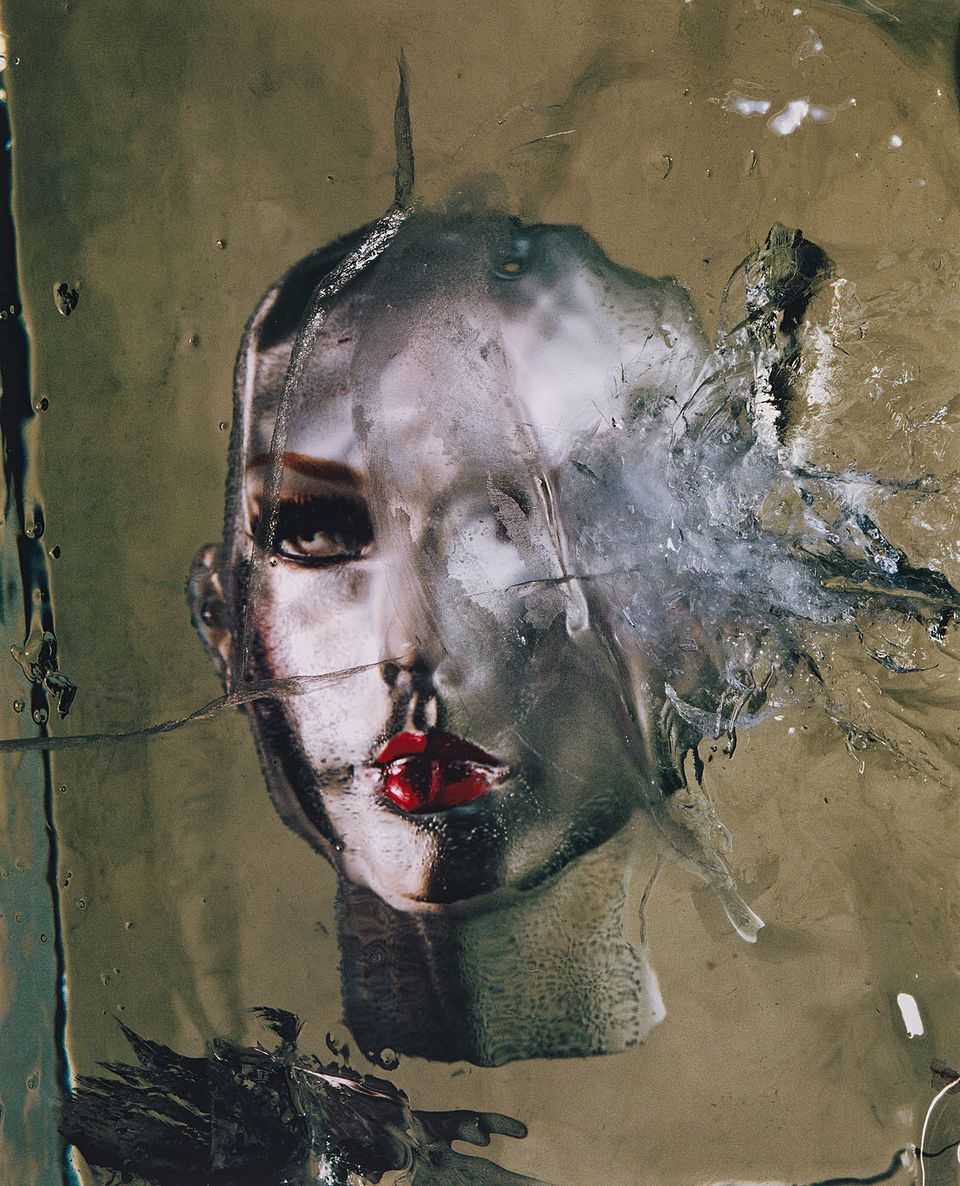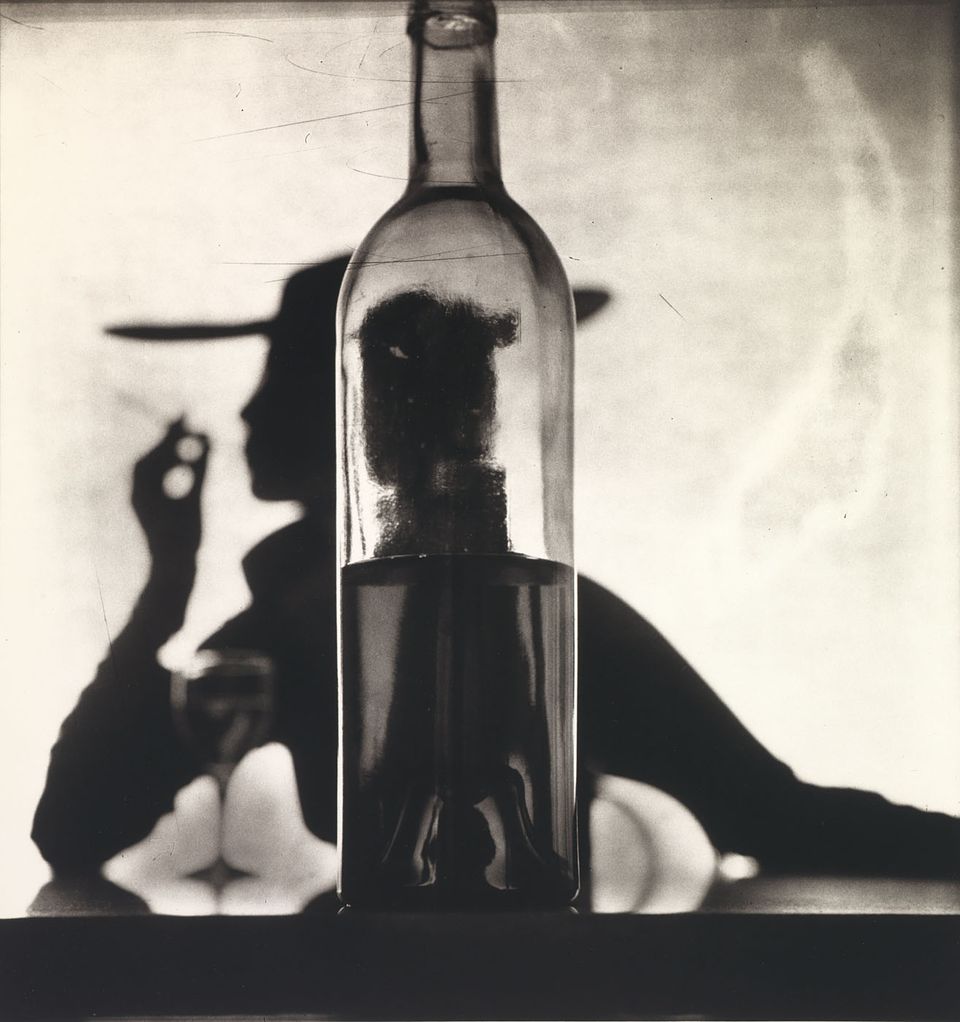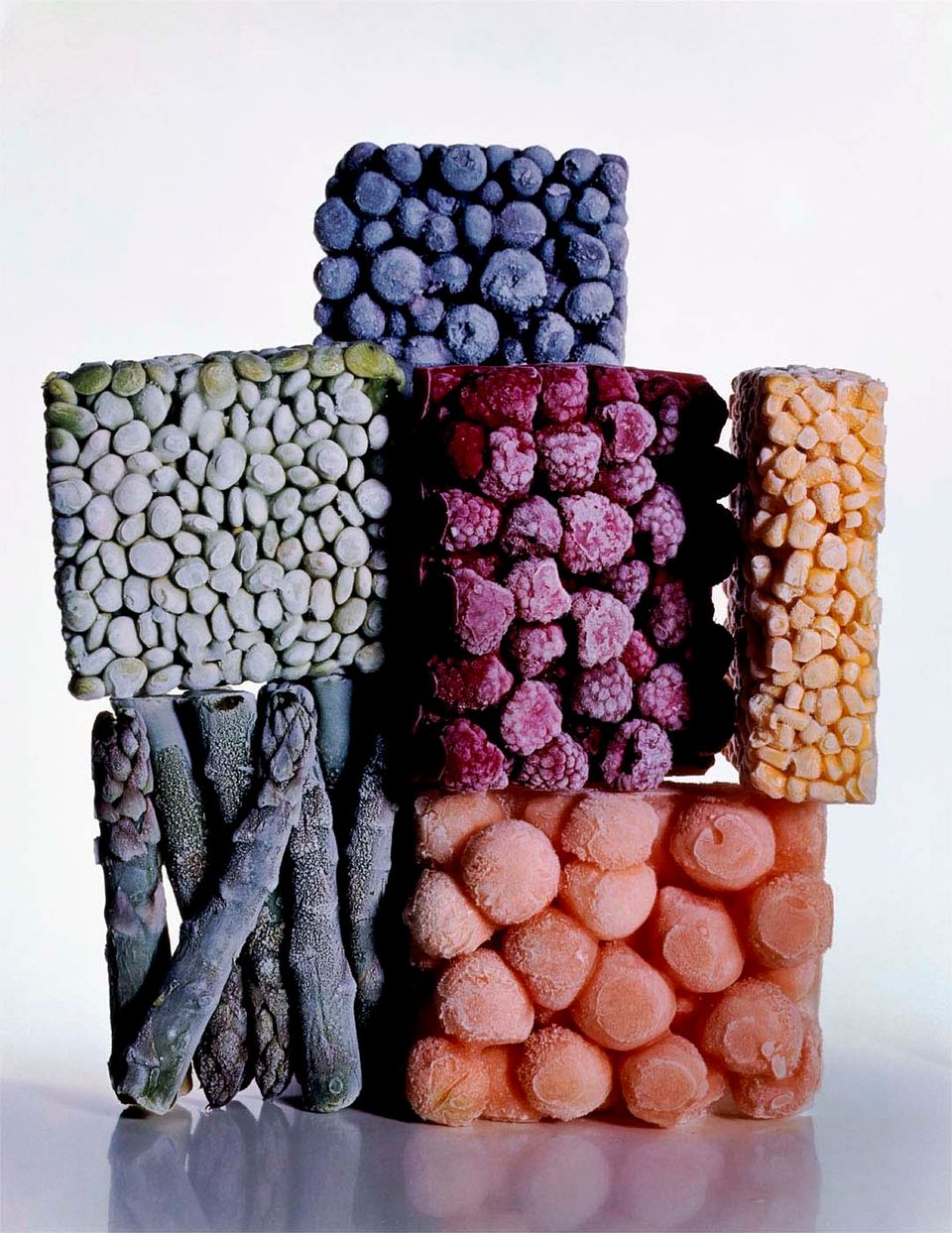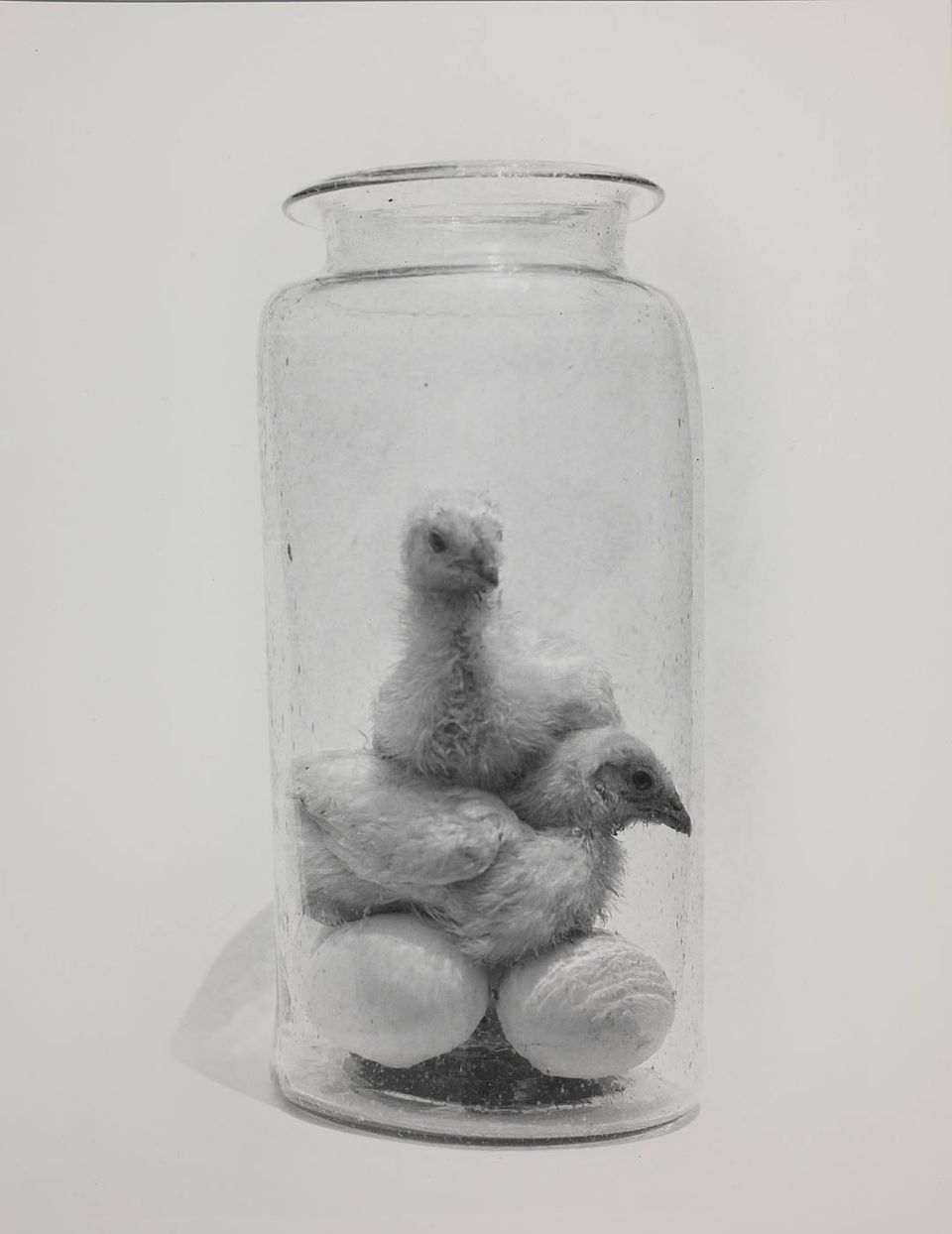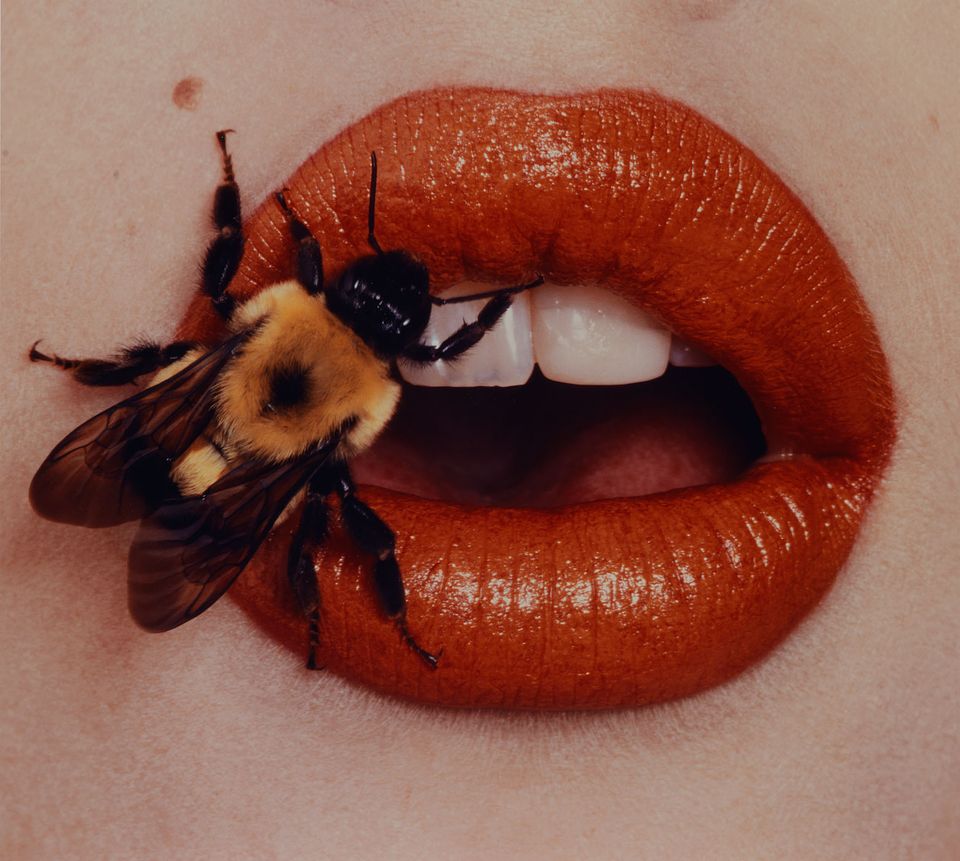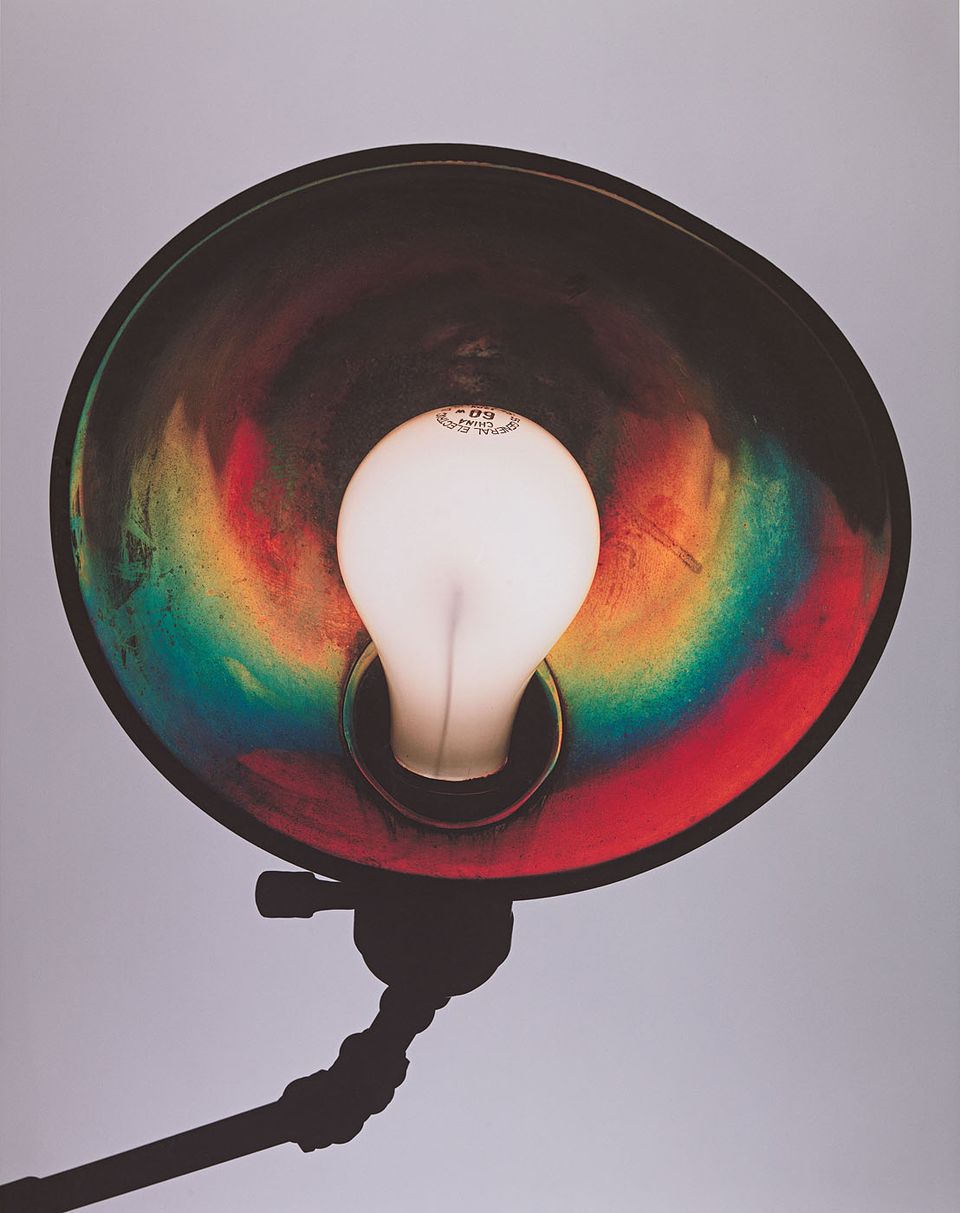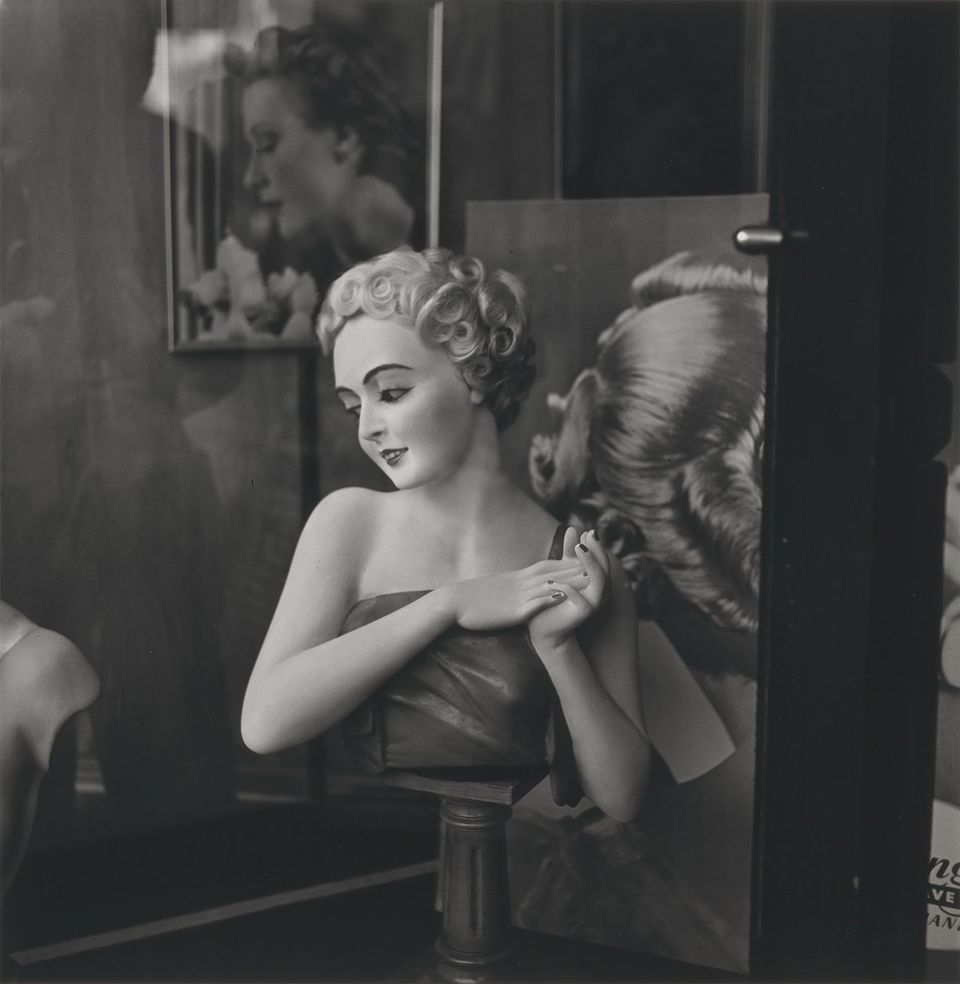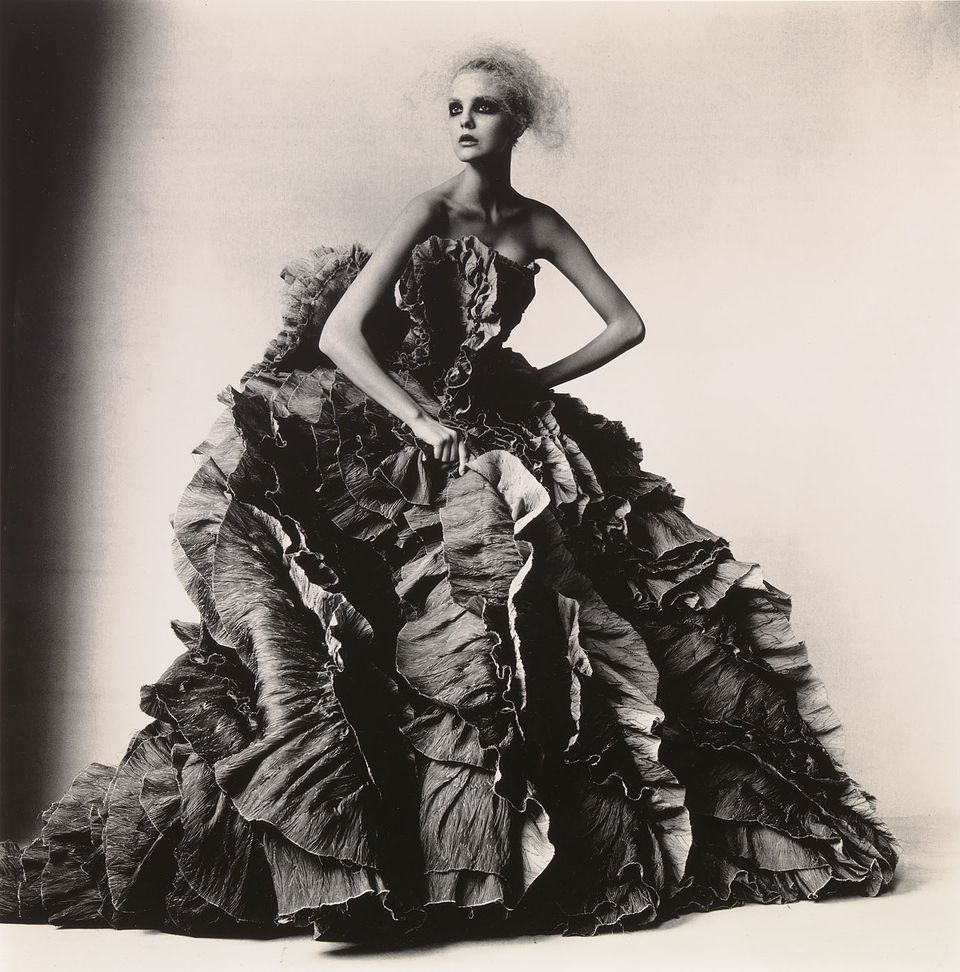Irving Penn: Beyond Beauty
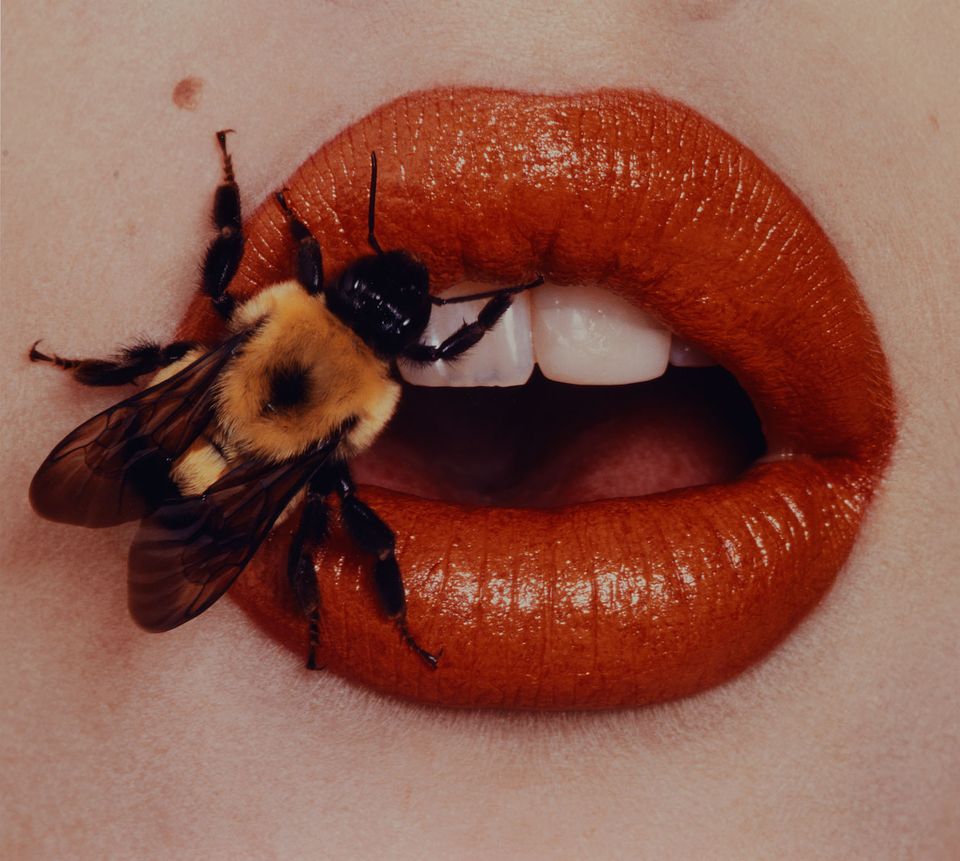
Irving Penn, Bee, New York, 1995, printed 2001. Smithsonian American Art Museum, Gift of The Irving Penn Foundation. Copyright © The Irving Penn Foundation
Irving Penn (1917 – 2009), known for his iconic fashion, portrait, and still life images that appeared in Vogue, ranks as one of the foremost photographers of the twentieth century. Irving Penn: Beyond Beauty, the first retrospective of Penn’s work in nearly twenty years, celebrates his legacy as a modern master and reveals the full expressive range of his work. The exhibition features work from all stages of Penn’s career — street scenes from the late 1930s, photographs of the American South from the early 1940s, celebrity portraits, fashion photographs, still lifes, and more private studio images. Penn’s pictures reveal a taste for stark simplicity whether he was photographing celebrities, fashion models, still lifes, or people in remote places of the world.
Description
Irving Penn: Beyond Beauty is drawn entirely from the extensive holdings of the Smithsonian American Art Museum. On display are 146 photographs from the museum’s permanent collection, including the debut of 100 photographs recently donated to the museum by The Irving Penn Foundation. The exhibition presents several previously unseen or never exhibited photographs. Also on view for the first time are Super 8 mm films of Penn in Morocco, made by his wife Lisa Fonssagrives-Penn, that add a vivid picture of the artist at work.
In a career that spanned nearly seventy years, Penn’s aesthetic and technical skill earned him accolades in both the artistic and commercial worlds. He was a master of both black-and-white and color photography, and his revival of platinum printing in the 1960s and 1970s was a catalyst for significant change in the art world. He was one of the first photographers to cross the chasm that separated magazine and fine art photography, narrowing the gap between art and fashion. Penn’s portraits and fashion photographs defined elegance in the 1950s, yet throughout his career he also transformed mundane objects—storefront signs, food, cigarette butts, street debris—into memorable images of unexpected, often surreal, beauty.
Merry Foresta is the guest curator; she was the museum’s curator of photography from 1983 to 1999.
Visiting Information
Tour Schedule
Videos
Credit
Irving Penn: Beyond Beauty is organized by the Smithsonian American Art Museum with generous support from ART MENTOR FOUNDATION LUCERNE, Sakurako and William Fisher, The William R. Kenan Jr. Endowment Fund, The Lauder Foundation – Leonard and Judy Lauder Fund, Edward Lenkin and Roselin Atzwanger, The Robert Mapplethorpe Foundation, Margery and Edgar Masinter, The Margery and Edgar Masinter Exhibitions Fund, the James F. Petersen Charitable Fund in honor of Tania and Tom Evans, The Bernie Stadiem Endowment Fund, and the Trellis Fund. The C.F. Foundation in Atlanta supports the museum’s traveling exhibition program, Treasures to Go.
Online Gallery
Exhibition Catalogue
The exhibition is accompanied by a catalogue ($45, softcover), co-published by The Irving Penn Foundation and the Smithsonian American Art Museum and distributed by Yale University Press, with an essay by Merry Foresta and an introduction by Betsy Broun, the museum’s director. Foresta’s essay introduces Penn to a younger generation and delves into his use of photography to respond to social and cultural change.
Artists
The conjunction between art and commerce that winds through Penn's career challenges our usual definitions of both these areas.















